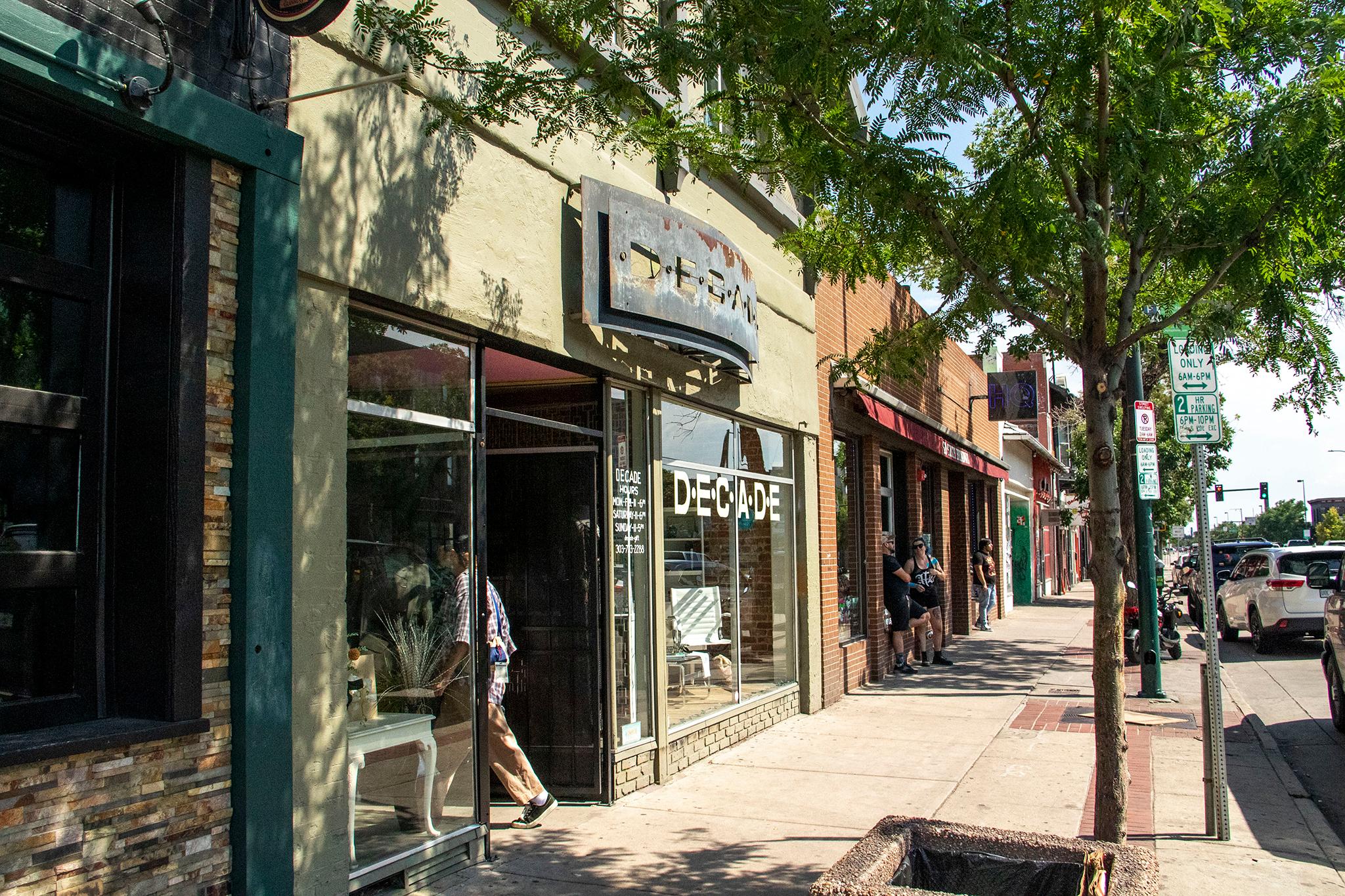COVID-19 fundamentally changed business in Denver. The lockdowns in 2020 forced retailers to move to online sales and pushed restaurants of all kinds further towards delivery services. New federal programs also created an ecosystem of grants and loans to help keep mom-and-pop operations from closing down, and all that money has changed the way our city government interacts with its community of entrepreneurs.
Denver has been doling out free money since April of 2020, but support in those early days wasn't always distributed evenly. While some businesses had no problem grabbing small grants to keep their doors open, others said they felt locked out of the process.
Jen Morris, executive director of Denver's office of Economic Development and Opportunity (DEDO), said she and her colleagues carried a lot of lessons out of the pandemic's depths and into our new normal. One big one: they need better conduits to businesses that need help.
"That came out of COVID," she told us. "We realized that having programs is great, but if they don't know about them and the right people aren't applying for them or know about them, then what's the point?"
To that end, DEDO kicked off a "peer navigator" program this week that enlists people tied into underserved business communities and uses their connections to let people know the city is eager to offer grants, education and other operational support. It's an improvement from some of their earlier tactics.
"We thought we were getting the information in front of them by every which way we could - flyer dropping and whatever we did. We literally went out and just flyered communities, did social media and whatnot. But we realized (we need) that trusted community partner," Morris told us. "The government knocking on doors of small businesses isn't always the most welcoming."
Peer navigation has emerged in other kinds of services around town. Counselors who work with people without homes at the Denver Public Library and advocates helping people on their way of prison, for instance, employ helpers within communities they serve.
The idea is to make more opportunities for warm hand-offs.
Have a business and need a hand? Here are some ways to get connected.
You can request a business navigator on the city's website. If you do, shoot us a note at [email protected] and let us know how it goes.
Here are some of the things they might connect you to:
DEDO has a "Small Business Revolving Fund," which can help new ventures land 25 to 50 percent of their startup costs as a loan. The idea is to make it easier for banks to fund the rest of whatever you need to get things going.
They also have "microloans" that range from $5,000 to $50,000 on terms up to five years.
Morris told us counseling and advice services are other things that emerged from the pandemic, as the city sought to help small businesses pivot online and make it through the depths of COVID weirdness. They've got a business advising program available, and they're working on ways to offer help with marketing.
As for the free money, the city has been piping federal relief funds into "business impact opportunity" grants, which can be up to $15,000 and is a continuation of the support they started in 2020. The most recent round of funding closed last month, but DEDO expects to reopen applications in September. Morris said there's another, separate grant program in the works that will be announced in October.











